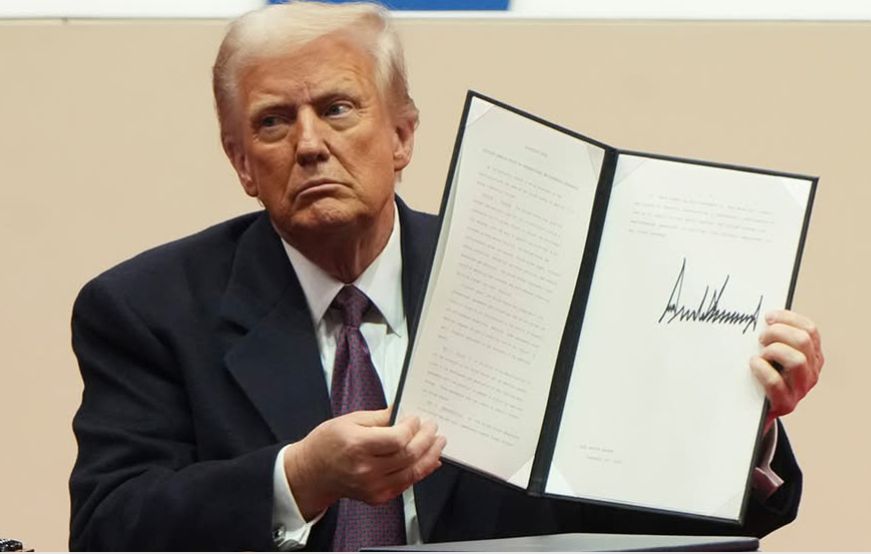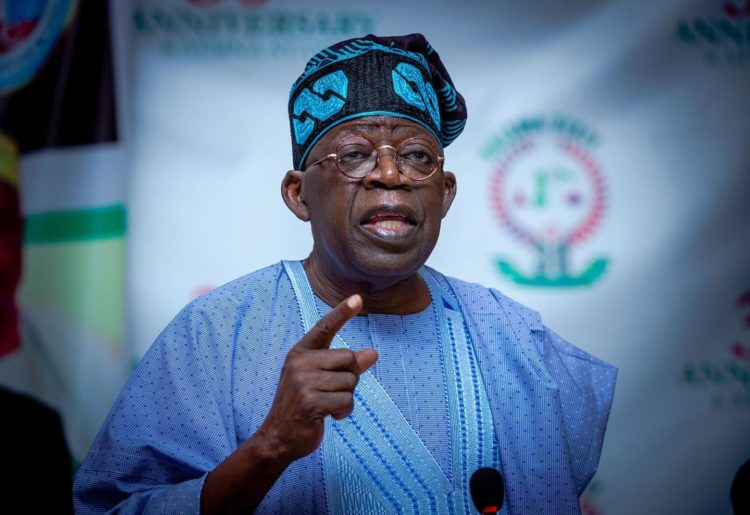Moments after his inauguration as the 47th President of the United States on January 20, 2025, Donald Trump signed a series of executive orders in the Oval Office, setting the tone for his new administration.
Among the most controversial directives was an order ending birthright citizenship, a move that legal experts argue directly challenges the 14th Amendment of the U.S. Constitution, which guarantees citizenship to anyone born on American soil.
Other significant orders include:
- Declaring a border emergency and directing the military to construct a new phase of the border wall.
- Designating cartels as foreign terrorist organizations.
- Banning transgender individuals from serving in the military.
- Withdrawing from the Paris Climate Accord and the World Health Organization (WHO).
- Rolling back Biden-era energy drilling restrictions and pausing offshore wind leases.
- Ending diversity, equity, and inclusion (DEI) hiring practices in federal agencies, implementing merit-based hiring.
- Ordering deregulation to lower costs for Americans and declaring a national energy emergency.
- Returning federal workers to in-person roles.
- Issuing over 1,500 pardons for January 6 prisoners.
- Directing agencies to recognize only two sexes, male and female.
The orders signal a dramatic policy shift, with supporters calling it a “day of restoration” and critics warning of impending legal battles. The executive order ending birthright citizenship, in particular, is expected to face significant challenges, as it directly opposes the 14th Amendment.
READ ALSO: Donald Trump and the Nigerian Expectations
The political and social ramifications of these decisions are likely to dominate national discourse in the coming weeks.





